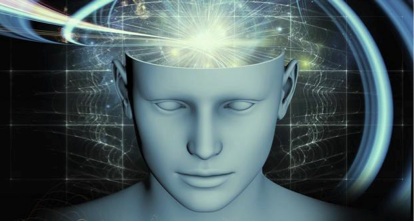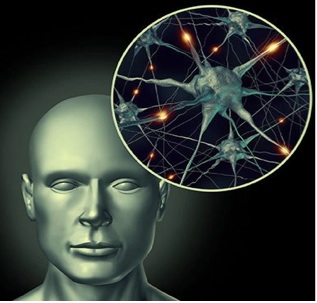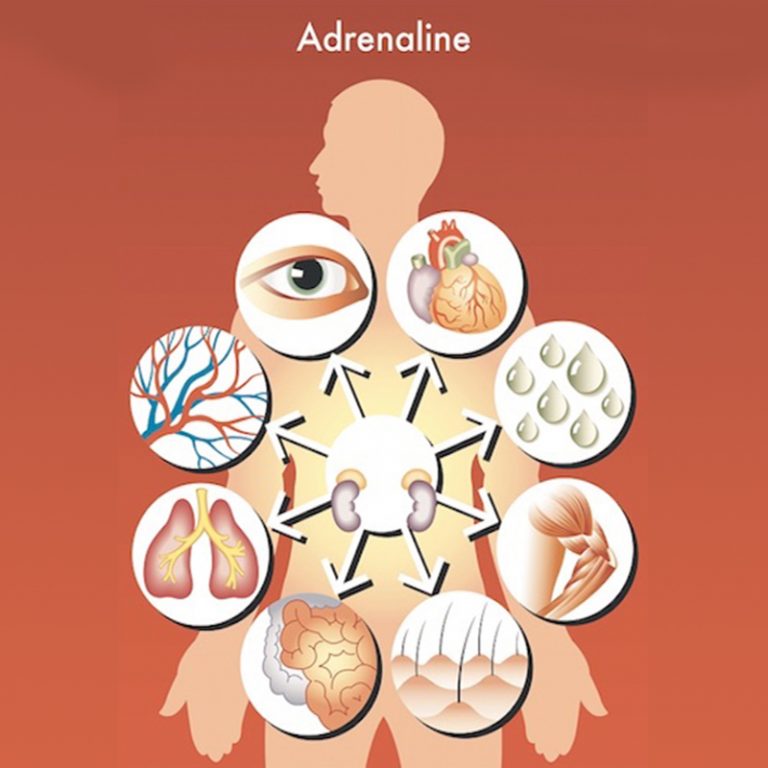Ayurvedic Treatment For Epilepsy
Epilepsy is a condition that affects the brain, causing repeated seizures. The neurons in the brain use electrical impulses to communicate with one another, and during a seizure these impulses are disrupted. The effect can be compared to a fuse blowing – a survival mechanism to prevent further damage.
There is a great variation between sufferers in the severity, duration and regularity of seizures. Triggers are frequently involved, commonly flashing lights, while others include reactions to foods and smells, or to stress. While some people are only affected during sleep others can have them at any time, and may or may not be prepared for their occurrence. The effect may be mild and the affected person might simply experience a trance-like state for a few minutes, but others suffer convulsions, losing consciousness.

Ayurvedic treatment first sets out to establish whether there is any underlying organ malfunction or whether the condition is purely physiological, as this will greatly determine the most effective approach. The treatment regime will always focus on calming Vata. Many herbs have proved beneficial in this respect, notably Calamus and Jatamansi, though the effect of different herbs varies from person to person. Once the herbal medicine is well matched to the individual I have found that balance can be quickly enhanced. Sometimes herbs used for head massage can also help greatly – oils made from Bhringaraj, Calamus, Brahmi and Jatamansi are all excellent for this purpose.

In 1996, The Indian Journal of Medical Research published the results of a study on the effects of Yoga practice on seizure control. Extensive use was made of meditation in this study and the results were so promising that the study caught the attention of researchers in Europe and North America. A group of patients with epilepsy who enrolled for 6 months experienced 86% decrease in their seizure frequency.

*Discover holistic healing with a complimentary phone or video consultation from our expert Ayurvedic practitioner. Start your path to better health today!*























